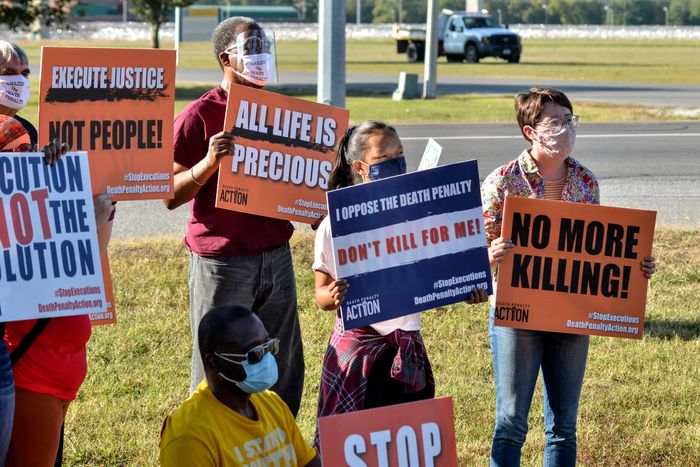Amidst renewed debate over the death penalty, an upcoming controversial execution in Alabama is drawing attention to both the enduring nature of capital punishment and the ethical concerns surrounding its methods. The planned use of nitrogen hypoxia on inmate Kenneth Smith has triggered condemnation from physicians and human rights experts who fear the untested method could be painful and inhumane. This execution has reignited scrutiny on the death penalty, revealing stark divisions in public opinion and challenges to its application.

Unsettling Use of Nitrogen Hypoxia
Alabama’s decision to employ nitrogen hypoxia a method involving a mask filled with nitrogen to suffocate the inmate has sparked outrage from critics who argue it may violate constitutional protections against “cruel and unusual punishment.”
The controversy underscores the broader national trend of declining support for the death penalty with ethical concerns racial disparities and doubts about deterrence contributing to its decreasing acceptance.
While a slim majority of Americans still support executions, the Gallup poll indicates a decline in favor over the past three decades. Democrats, in particular advocate for rolling back or eliminating the death penalty emphasizing the contrast between the two major political parties.
READ ALSO: Chicago Man Charged with First-Degree Murder in Tragic Shooting of Wife and Three Daughters
Political Divide and Declining Use
Despite the ongoing controversy the overall use of the death penalty has been on the decline influenced by political backlash, changes in laws, declining crime rates and improved legal representation for capital defendants.
This contentious Alabama execution not only raises fundamental questions about the death penalty’s moral and practical implications but also reflects a broader societal shift away from its widespread acceptance.
READ ALSO: Razor Wire Decision: Supreme Court Backs Biden Angers Border Patrol Union




